If you’re still sending your sales team into the field with outdated slides and zero training, stop.
According to LinkedIn’s State of Sales Report, 74% of sales professionals say training is critical to their success—yet most teams don’t invest enough. That’s where this guide comes in.
We’ve handpicked 15 proven training programs for sales that don’t just teach—they actually help your reps close deals faster.
Whether you lead a lean startup crew or a full-fledged sales force, this list will save you hours of research and a few gray hairs. Ready to train smarter, not harder? Let’s get into it.
What is a Sales Training Program?
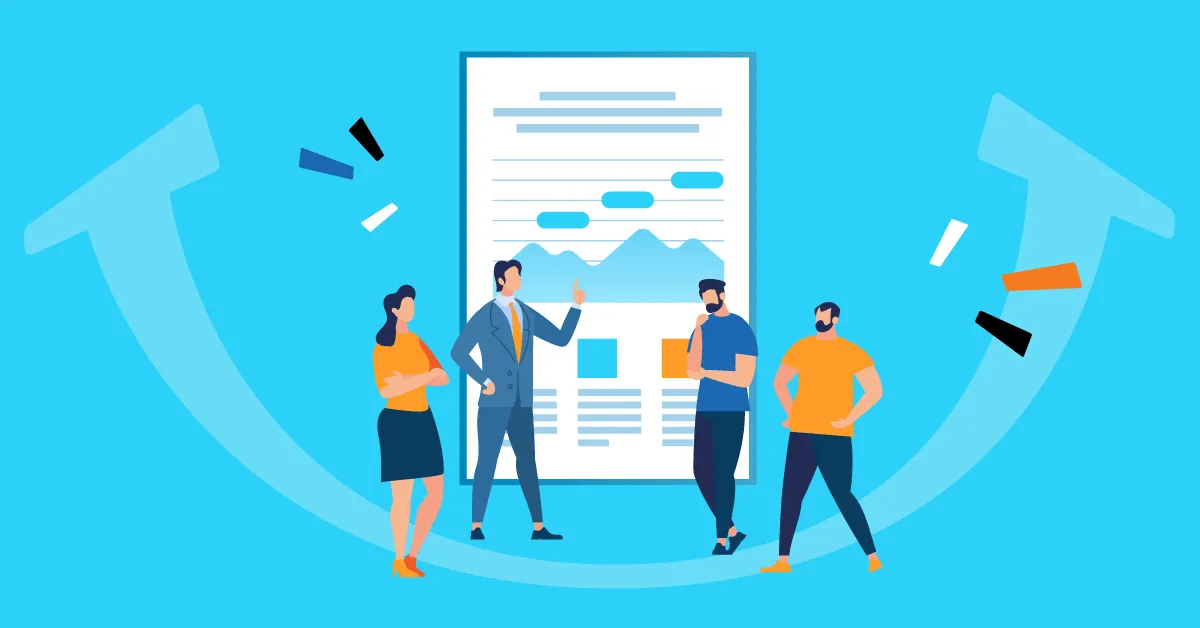
A sales training program helps your team learn how to sell better and faster. It teaches them how to talk to customers, solve problems, and close deals without wasting time.
Think of it like sports practice—but for sales. Effective sales training boosts your bottom line and helps you reach your company's quarterly and annual sales goals.
According to a 2024 report by Sales Readiness Group, teams that complete structured sales training increase their win rates by 28%. That’s why choosing the right training program for sales is so important if you want real results.
Why Fast-Closing Sales Teams Need the Right Training Program for Sales
You want your team to close deals faster. But doing it the wrong way can hurt more than help. Here's why training matters:
1. Speed Without Strategy Leads to Sloppy Sales
Rushing into deals without the right process can scare buyers off. Training teaches reps to follow a proven sales process that works.
2. Top Performers Are Trained Performers
The best salespeople aren’t born—they’re trained. Ongoing training builds strong sales skills, even for experienced sales professionals. Sales training is crucial for helping new reps become confident quickly and improving veterans' skills.
3. Shorter Sales Cycles Require Sharper Sales Skills
A fast sales cycle only works if your team knows how to handle questions, objections, and rejections. That’s where sales techniques and consultative selling come in.
4. Consistency Beats Hustle
A great sales team wins by using the same steps every time. A good training program builds habits that stick.
5. Modern Buyers Expect More
Today’s customers do their homework. Your reps need value-based sales training to match that. As HubSpot puts it, “Buyers want help, not hype.” Sales training can provide a competitive edge by keeping teams updated on industry trends and new strategies.
“Sales training isn’t an event. It’s a process,” says Mike Kunkle, a respected sales training expert. That means learning should never stop.
Top 15 Sales Training Programs That Actually Boost Sales Performance in 2025
1. Richardson Sales Performance
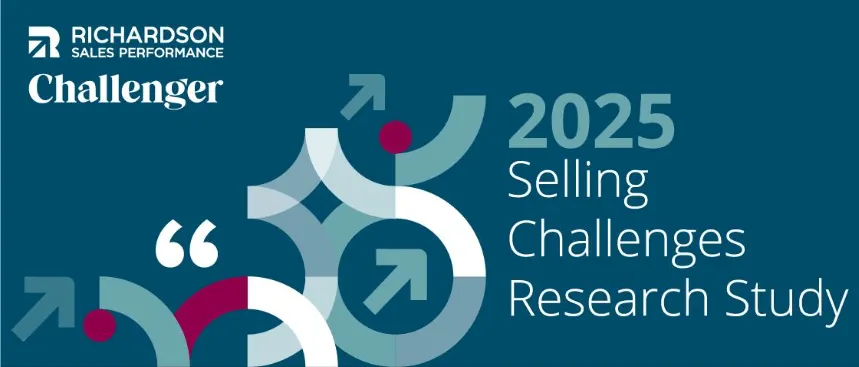
Richardson is a global leader in sales training programs. It focuses on practical, real-world scenarios and behavior change.
Key Lessons:
- Consultative selling
- Buyer psychology
- Relationship building
- Value-based selling
Duration: 4 to 8 weeks (flexible depending on modules chosen)
- Format: Instructor-led + digital (online sales training), including microlearning modules
- Price: Custom pricing (based on team size and program scope)
- G2 Rating: 4.6/5
Ideal For: Sales managers, sales reps, and sales professionals working in mid-size to enterprise organizations
Unique Selling Point: The focus on long-term sales performance and behavior change. According to the company, clients report a 15-20% increase in close rates after full program completion.
“Richardson’s blended learning approach sets them apart. They teach not just what to say, but how to think.” — G2 Reviewer
2. Sandler Selling System

Sandler is one of the oldest and most trusted names in sales training. It teaches reps how to control the conversation and qualify prospects better.
Key Lessons:
- Selling without pressure
- Managing the sales cycle
- Handling objections
- Sales negotiation techniques
Duration: Ongoing learning program with live and digital formats
- Format: In-person workshops, online learning platforms, and interactive training tools
- Price: $1,500 to $3,000 per rep annually (depending on delivery mode)
- G2 Rating: 4.7/5
Ideal For: Small businesses, startups, and sales teams looking for proven, structured frameworks
Unique Selling Point: Their famous "up-front contract" technique. Sandler helps reps stay in control while also building trust.
"You don’t pitch. You diagnose. Sandler gives your reps the tools to do that." — Sales Coach at SaaS startup\
3. RAIN Group

RAIN Group is a global sales training company known for teaching reps how to win complex deals. It focuses on consultative selling and value creation.
Key Lessons:
- How to lead a sales conversation
- Insight selling techniques
- Sales strategies that align with today's buyers
- Winning in competitive sales situations
Duration: 6-8 weeks (varies by course)
- Format: Instructor-led, online sales training, and microlearning modules
- Price: Custom quote depending on size of sales team
- G2 Rating: 4.7/5
Ideal For: Sales leaders, sales reps, and sales managers who sell high-value solutions
Unique Selling Point: RAIN Group's research-backed approach. Their clients see a 35% improvement in sales pipeline growth in the first 3 months.
"RAIN Group helped us create a buyer-focused process that actually works. Our team learned how to connect better with modern buyers." — Sales Manager, B2B SaaS
4. Sales Readiness Group (SRG)

SRG delivers sales training programs designed for both new and experienced sales professionals. They focus on practical skills you can use right away.
Key Lessons:
- Building customer trust
- Managing the entire sales process
- Sales negotiation and closing deals
- Using consultative and value-based methods
Duration: 4-6 weeks with reinforcement tools
- Format: Live workshops, instructor led training, and eLearning
- Price: Starts at $499 per learner
- G2 Rating: 4.8/5
Ideal For: Organizations that want to align sales training programs with business goals
Unique Selling Point: SRG customizes content to fit your sales organization and ensures skills stick with ongoing training.
"Their training gave our new reps confidence fast. And the refresher content helps keep skills sharp over time." — VP, Sales Enablement
5. Challenger Sale Program

This is a bold training program for sales teams that want to challenge the buyer’s thinking. It’s based on the best-selling book The Challenger Sale.
Key Lessons:
- Teach customers something new.
- Control the sales conversation.
- Tackle objections with confidence.
- Sell solutions, not just products.
Duration: Typically 2–4 days, with follow-ups.
- Format: Instructor-led training or virtual sessions.
- Price: Custom pricing based on team size and scope.
- G2 Rating: 4.3 out of 5 stars
Ideal For: Enterprise sales reps, B2B companies, and strategic account management teams.
Unique Selling Point: This sales training course is built for reps who want to guide—not follow—the buyer. According to Gartner, 40% of top sales performers use the Challenger approach.
6. HubSpot Academy

This is a free, online sales training program offered by HubSpot. It’s great for beginners and busy professionals.
Key Lessons:
- Inbound sales strategies
- CRM basics
- Sales prospecting and follow-ups
- Consultative selling techniques
Duration: Courses range from 30 minutes to 3 hours.
- Format: Self-paced, online learning platform.
- Price: Free!
- G2 Rating: 4.6 out of 5 stars (based on 1,200+ reviews)
Ideal For: Small businesses, startups, new sales professionals, or anyone who wants to build solid sales fundamentals.
Unique Selling Point: You get video lessons, downloadable resources, quizzes, and a certificate—all at zero cost. It’s one of the best sales training programs online today.
7. LinkedIn Learning – Sales Courses
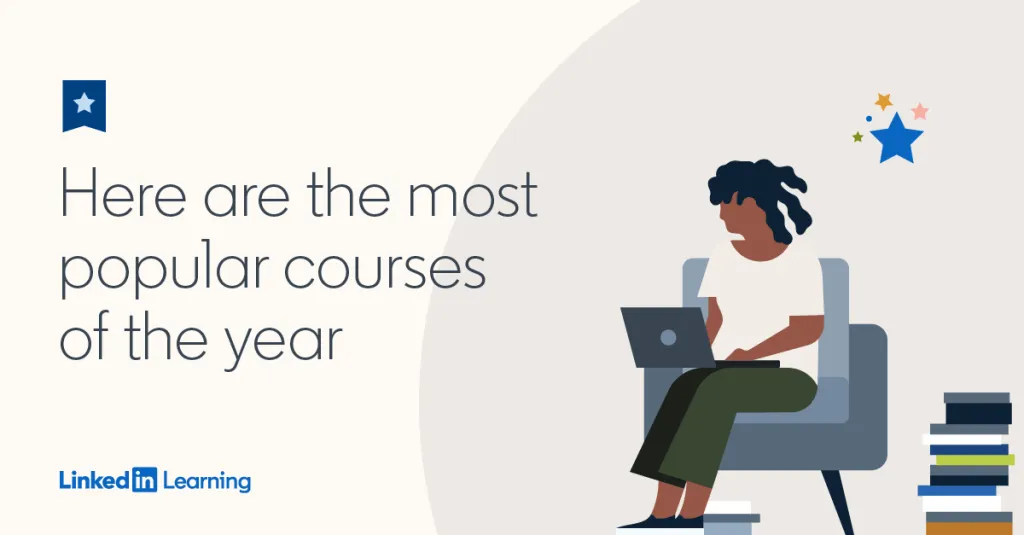
LinkedIn Learning offers a wide variety of online sales training courses. These cover topics like consultative selling, virtual selling, sales strategies, and customer relationships.
Key Lessons: You learn how to build sales skills, boost sales performance, and speak confidently with customers. Courses also help you understand the entire sales process, from lead to close.
Duration: Self-paced. Each course usually runs 1–3 hours.
- Format: Online learning platform with video lectures and quizzes.
- Price: Subscription model. Starts at around $19.99/month.
- G2 Rating: 4.6/5
Ideal For: Sales reps, sales managers, and beginners looking for flexible training programs.
Unique Selling Point: You can learn directly from sales trainers and leaders at top companies. The platform is easy to use and tracks your progress.
"LinkedIn Learning makes it easier to build sales fundamentals quickly," says Jeff Weiner, former CEO of LinkedIn.
This program also helps teams improve sales effectiveness by offering real-world case studies and hands-on tips. It supports ongoing training and keeps your sales team up-to-date with the latest trends.
8. Coursera – Sales Specializations

Coursera partners with top universities and companies to offer structured sales training programs. You can earn certificates from institutions like Northwestern or HubSpot.
Key Lessons: Topics include strategic account management, virtual selling, sales techniques, and relationship building. Courses also explain sales methodology and how to build customer success into every deal.
Duration: 4–6 weeks per course.
- Format: Online courses with assignments, peer interaction, and instructor feedback.
- Price: Free access to some courses; certificates and full access from $39/month.
- G2 Rating: 4.5/5
Ideal For: Sales professionals looking for career growth and certifications.
Unique Selling Point: You gain university-level knowledge while staying flexible. The content is great for team training and upskilling.
This training program for sales is perfect if you're looking for in-depth learning on your schedule. It offers sales professionals price-sensitive options with world-class credibility.
9. Grant Cardone Sales Training University
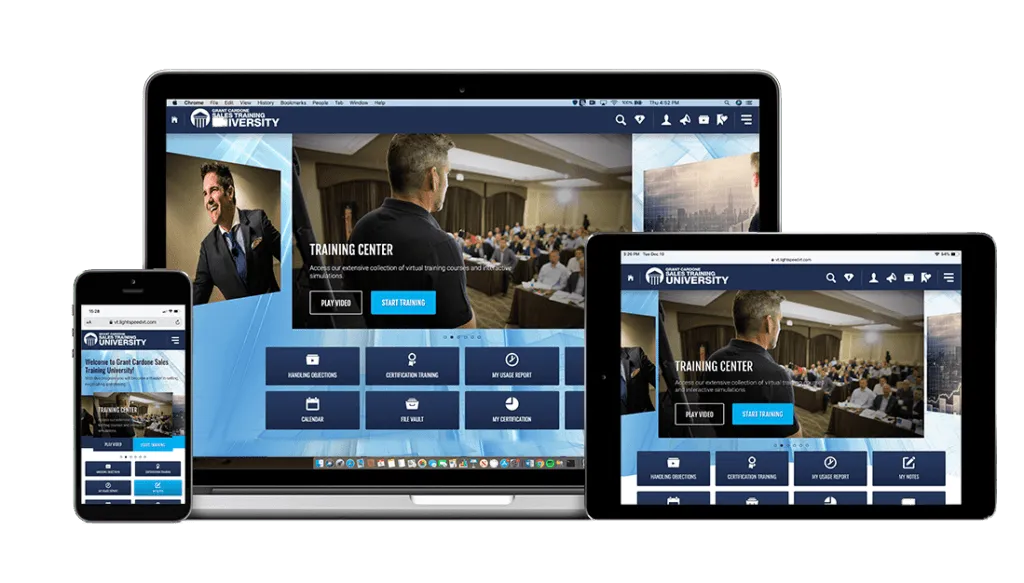
Grant Cardone’s Sales Training University is an online sales training program for sales professionals who want to master aggressive closing techniques, boost revenue fast, and sharpen daily sales skills.
Key Lessons:
- 10X mindset and goal-setting
- Daily roleplays and video-based training
- Handling objections and follow-ups
- Mastering cold calls and closing deals
Duration: Self-paced; continuous access with subscription.
- Format: 1000+ video modules, sales scripts, and daily lessons via online learning platform.
- Price: Starts at $997/year. Team packages available.
- G2 Rating: 4.4/5 (as of 2025)
Ideal For: Sales reps, entrepreneurs, and sales leaders aiming for rapid revenue growth and personal accountability.
Unique Selling Point: This training program for sales is known for its tough-love, action-first approach. It focuses on sales effectiveness and helps users build strong selling skills fast.
"You won't get rich making cold calls, but you will get broke not making them." – Grant Cardone
10. The Brooks Group – IMPACT Selling

IMPACT Selling is a structured sales training course offered by The Brooks Group. It provides a step-by-step selling process focused on building trust and qualifying leads.
Key Lessons:
- 6-step IMPACT methodology
- Consultative selling and relationship building
- Understanding buyer motives
- Sales negotiation and closing techniques
Duration: 8-week program with ongoing training and coaching options.
- Format: Instructor-led training + virtual sessions + interactive training tools.
- Price: Custom pricing based on team size and delivery model.
- G2 Rating: 4.6/5
Ideal For: B2B sales teams, sales managers, and those working in complex sales environments.
Unique Selling Point: IMPACT is one of the best sales training programs for reinforcing team training. It focuses on the entire sales process and provides sales certifications.
11. Brian Tracy Sales Success Intensive
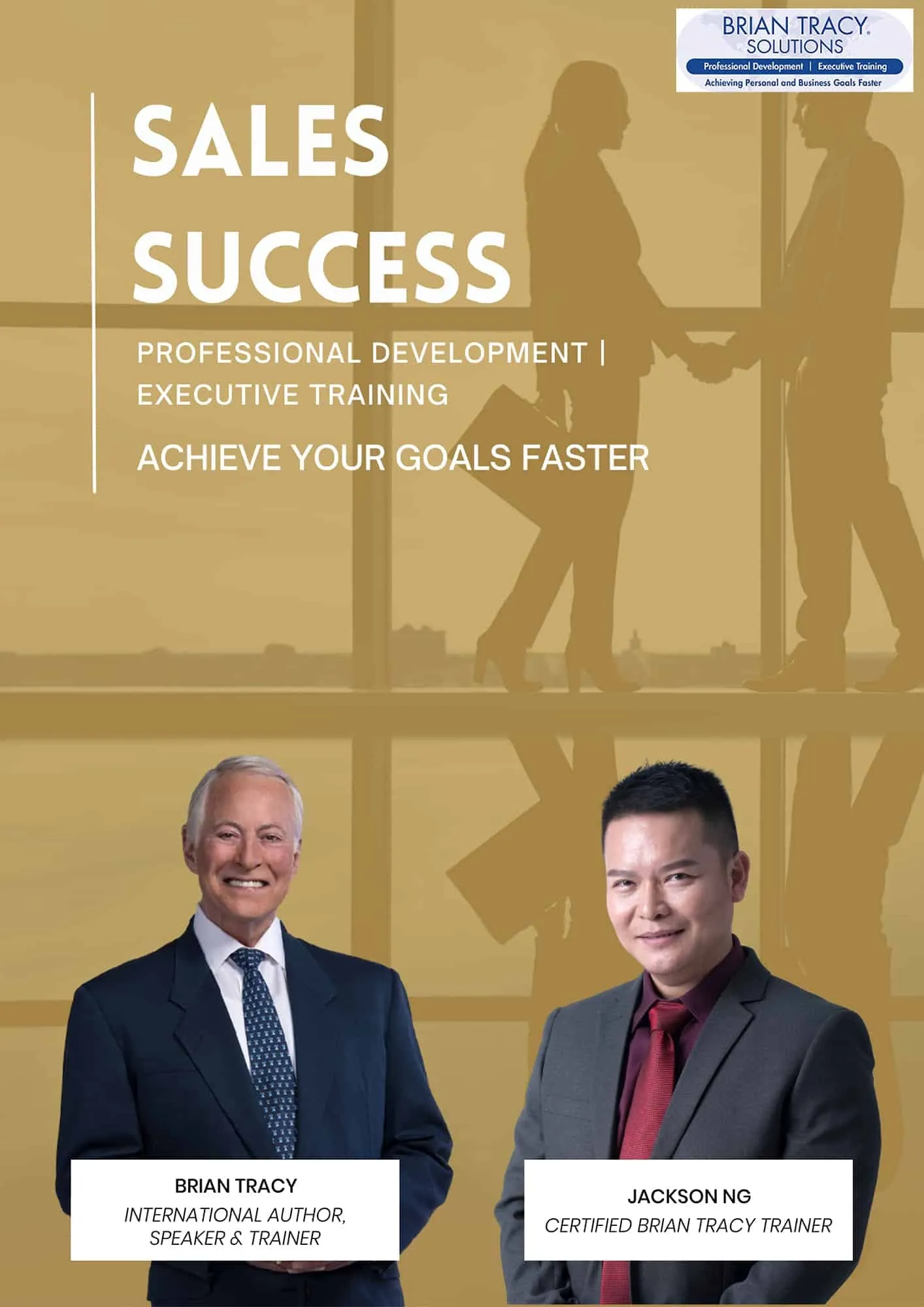
This training program for sales is based on Brian Tracy’s decades of experience in sales leadership. It focuses on personal growth and core selling skills.
Key Lessons:
- How to master critical selling behaviors.
- How to set goals that drive sales performance.
- Learn time-tested sales techniques for closing faster.
Duration: Self-paced, but most learners complete it in under 4 weeks.
- Format: Online sales training courses with videos, exercises, and downloadable resources.
- Price: Starts at $197 per course module.
- G2 Rating: Not listed on G2, but widely reviewed on independent platforms.
Ideal For: Sales professionals, sales reps, and sales managers looking to sharpen basic and advanced sales skills.
Unique Selling Point: Brian Tracy’s framework focuses on selling skills, sales success, and building a sales managed environment through habit change. His formula emphasizes mindset and discipline—ideal for those who want to not just perform, but lead.
12. Action Selling

Action Selling is a structured sales training program that helps teams follow a repeatable sales process from start to close.
Key Lessons:
- Master the entire sales process in 5 clear steps.
- Use consultative selling and strong customer relationships to increase trust.
- Build sales effectiveness with real-time buyer-focused dialogue.
Duration: 1–2 days for instructor-led training; 3 weeks online.
- Format: Hybrid: Online learning platform + optional instructor led training + team training sessions.
- Price: Starts at $395 per learner.
- G2 Rating: 4.6/5
Ideal For: Sales teams that want consistency, better sales presentations, and faster deal closures.
Unique Selling Point: One of the few training programs built around real-world sales negotiations and interactive learning tools. It also includes initial training sessions tailored to industry type.
13. Corporate Visions – Sales Messaging & Conversations

Looking for a training program for sales that sharpens messaging? Corporate Visions is your go-to choice. This program helps sales teams master conversations that move deals forward. You’ll learn how to tell better stories, lead tough discussions, and win buyer confidence.
A training program focused on sales messaging, value conversations, and negotiation.
Key Lessons:
- Build persuasive sales conversations.
- Learn how to disrupt the status quo.
- Tackle pricing objections confidently.
Duration: Self-paced and workshop options (1–3 days).
- Format: Online sales training programs, virtual instructor-led training, and in-person workshops.
- Price: Custom quote based on team size and format.
- G2 Rating: 4.5/5
Ideal For: Sales managers, sales reps, and B2B organizations.
Unique Selling Point: Backed by science. Every lesson is based on behavioral research and real-world testing.
"We improved win rates by 19% after implementing Corporate Visions messaging framework." — VP of Sales, Tech Firm
14. Sales Gravy University
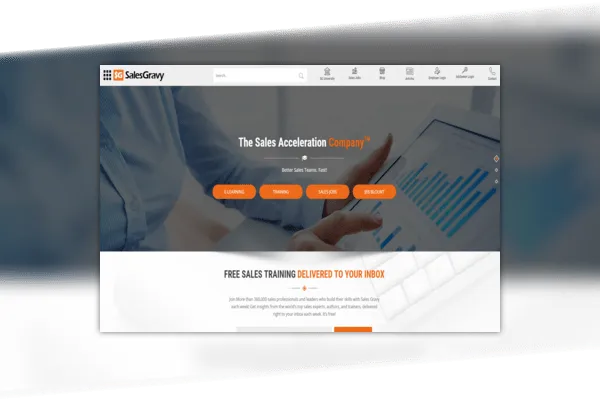
Sales Gravy University is built for busy sales professionals who want flexible training. It offers one of the best sales training programs online, with over 300+ hours of content, including micro-courses and masterclasses.
A complete online learning platform for sales reps, leaders, and trainers.
Key Lessons:
- Improve selling skills and sales techniques.
- Learn objection handling and pipeline management.
- Get certified in multiple sales methodologies.
Duration: On-demand learning, learn anytime.
- Format: Online only (self-paced), weekly coaching sessions.
- Price: Starts at $49/month.
- G2 Rating: 4.6/5
Ideal For: Individual sales professionals, small businesses, and enterprise sales teams.
Unique Selling Point: Massive content library + live coaching with top sales trainers.
"Sales Gravy helped our sales organization boost performance within the first 30 days." — Sales Manager, SaaS Company
15. Miller Heiman Group – Strategic Selling®

Looking to handle big, complex deals? The Strategic Selling® program by Miller Heiman Group is built for that. This training program for sales teaches you how to deal with multiple decision-makers inside a company. That’s common in B2B sales and enterprise deals.
What makes it stand out? It follows a unique sales methodology called the Blue Sheet, which helps sales reps plan conversations, track stakeholders, and avoid getting stuck mid-deal. This makes it a favorite for sales organizations working on large accounts.
Key Lessons:
- Understand every stakeholder's role
- Map the buying process
- Build a winning sales strategy
Duration: 2 days live or 4 weeks online
- Format: Virtual, in-person, or blended
- Price: Starts at $2,295
- G2 Rating: 4.5/5
Ideal For: Sales professionals selling high-ticket B2B products
Unique Selling Point: It helps you win deals even when many people are involved in the buying decision.
👉 “Strategic Selling helps you work smarter in complex environments,” says a senior sales manager at a Fortune 500 firm.
This is not just sales training. It's a blueprint to drive sales performance effectively—especially for sales teams aiming to close strategic, long-cycle deals.
What Sales Professionals Should Look for in a Training Program

Not all sales training fits every rep — and that’s especially true for experienced sales professionals looking to level up. Whether you're in B2B, retail, or SaaS, the best programs should align with your goals, sales environment, and customer type.
Here’s what to prioritize:
- Real-World Selling Scenarios: Choose programs with case-based learning and roleplays tailored to your industry.
- Focus on Consultative Selling: Modern sales professionals need to sell value, not just features.
- Flexible Learning Modes: Opt for online sales training if you're on the go, or instructor-led sessions for deeper skill-building.
- Skill-Specific Modules: Look for content on negotiation, relationship building, virtual selling, and managing the full sales cycle.
A report by Sales Readiness Group found that sales professionals trained on buyer psychology and customer success strategies saw a 22% improvement in deal velocity.
Pro Tip: Even seasoned reps benefit from foundational sales training refreshers. The market evolves, so should your skills.
Role-Specific Focus: SDRs vs. Account Executives vs. Managers

Not every sales role is the same. A training program for sales should fit what you do every day. Whether you're making first calls or leading a team, the right learning path matters.
1. SDRs (Sales Development Reps): Mastering First Contact
SDRs are the first to speak with potential customers. So, they need strong selling skills and confidence on calls.
What they need from a training program for sales:
- How to write powerful cold emails
- Tips to handle rejection with ease
- Ways to book more meetings
Good sales training programs for SDRs should include mock calls, email scripts, and objection-handling workshops. Many platforms now offer online sales training programs so SDRs can learn anytime.
2. Account Executives (AEs): Closing the Deal Like a Pro
AEs take over once the SDR warms up the lead. Their focus? Turning prospects into paying clients. They need a mix of product knowledge, sales certification, and solid sales process understanding.
Key focus areas:
- Building trust quickly
- Presenting solutions with impact
- Negotiation and deal closing
Many AEs benefit from sales training courses that focus on demos, pricing discussions, and CRM use.
Tip: Choose a sales training program that includes role-play, feedback, and a trackable progress report.
3. Sales Managers: Coaching, Not Just Managing
A sales leader does more than give orders. Great managers coach reps, improve the sales team, and track performance. Sadly, only 32% of managers receive formal coaching training.
Their ideal training should cover:
- How to run effective 1:1s and weekly coaching sessions
- Tracking goals and pipeline
- Giving feedback that drives change
Strong training programs for managers also include sales certification, leadership modules, and team coaching frameworks.
Types of Sales Training Methods Explained
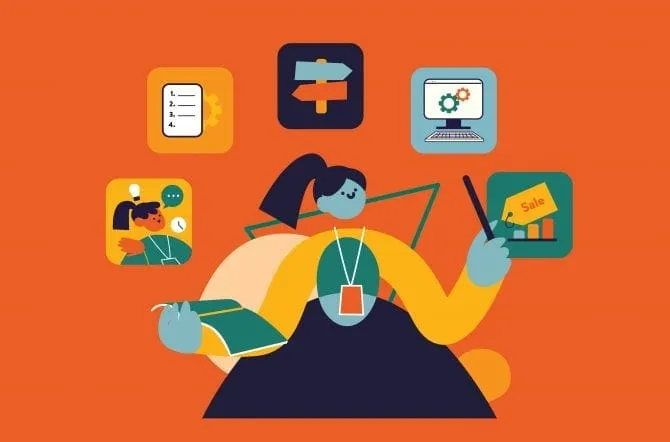
1. Instructor-Led Training (ILT)
This is the old-school but effective way—real-time sessions with a sales coach or expert. What is it? Instructor-led training (ILT) means in-person or virtual classes led by a live trainer. It works best when your sales team needs hands-on support, group role-play, or live Q&A.
Why it works:
- Real-time interaction builds selling skills faster.
- A coach can guide sales representatives step by step.
- Great for new reps learning the sales process or improving the selling process.
Ideal for:
- New hires or sales reps starting fresh.
- Complex products needing deeper explanation.
- Small or mid-size sales teams who benefit from coaching.
“Our instructor-led sessions helped reduce our ramp-up time by 30%,” says a U.S.-based tech company quoted by Forbes.
2. Online Sales Training
Online sales training gives your team the flexibility to learn at their pace. What is it? It includes recorded modules, virtual workshops, quizzes, and forums on a digital platform.
Why it's growing:
- Easy to scale for large sales organizations.
- Useful for sales representatives in different time zones.
- Supports busy schedules with bite-sized lessons.
Added perks:
- You can track progress with analytics.
- Reps can revisit content before important deals in the sales pipeline.
Good fit for:
- Distributed or global sales forces.
- Fast-growing startups.
- Teams using blended training programs.
3. Microlearning & Weekly Coaching Sessions
Microlearning is like snackable training—short, focused, and easy to remember. Instead of sitting through a 3-hour lecture, your sales teams get a 5-minute video or quiz each day. It fits into any schedule and keeps knowledge fresh.
Integrating Microlearning Apps can take this concept to the next level by offering on-the-go learning that is tailored to the needs of the user. These apps provide flexible, bite-sized training modules, allowing reps to quickly absorb and retain key concepts during their busy schedules.
Pair it with weekly coaching sessions, and results skyrocket. These regular check-ins help sales leaders guide reps in real time. You're not just teaching theory—you’re solving real sales problems together.
“Companies using weekly coaching boost sales performance by up to 25%,” says a 2023 HubSpot report.
Key Benefits:
- Keeps learning light and focused.
- Fits into daily routines.
- Offers real-time feedback from managers.
Best For:
- Sales teams working remotely.
- Fast-paced environments with limited time.
Pro Tip: Use interactive tools to make coaching more fun—think role plays or deal simulations.
4. Onsite Training
Onsite training means the instructor comes to your sales organization. It’s face-to-face and hands-on. This method works great when your sales management wants to align the entire team under one strategy.
For example, onsite training is ideal when launching a new product or revamping your selling process. It's a perfect way to boost sales excellence across the board.
According to Richardson, “In-person sessions help teams retain 60% more content than virtual-only formats.”
Why It Works:
- Encourages group learning and role-playing.
- Strengthens team communication.
- Trainers can personalize based on real-time feedback.
Best Fit:
- Mid-size to large sales teams.
- Organizations with strong field operations.
5. Simulation-Based Learning & Interactive Tools
Want your team to really practice selling before jumping on real calls? Simulation-based training is like flight school for a sales representative. It helps them fail safely, learn fast, and improve quickly.
In this training program for sales, reps go through mock calls, virtual pitches, and real-life customer role-plays. They receive instant feedback. This is one of the most effective sales training programs for building confidence and problem-solving skills.
Did you know? A Sales Readiness Group study found reps trained through simulations were 52% more likely to meet quota than those in lecture-only programs.
Key Benefits:
- Builds real-world sales skills in a safe setting.
- Uses interactive training tools like gamified quizzes and AI call analysis.
- Tracks progress to show what works and what doesn’t.
This method fits best for sales teams aiming for sales excellence and needing regular hands-on refreshers.
6. Peer-to-Peer Learning: Real Advice from the Front Lines
Sometimes, the best teachers are the people sitting right next to you. Peer-to-peer learning lets sales professionals and newer reps share real tips, scripts, and “what actually works.”
This isn’t just talk. It’s powerful knowledge transfer.
As one senior sales representative put it, “When I got stuck in a deal, my teammate shared his exact email reply. It closed the deal in 2 days.”
Why It Works:
- Builds team trust and collaboration.
- Offers advice based on actual sales experience.
- Helps other sales professionals stay up-to-date with the latest techniques.
You can pair this with weekly standups or lunch-and-learns. It’s a flexible format that works well even in remote teams. And it complements formal sales training with fresh, on-the-ground insights.
Online vs. Onsite: Choosing the Best Sales Training Delivery Format
How to Choose the Right Sales Training Company or Course

1. Match the Training to Your Sales Goals
Not all sales teams have the same needs. A company selling tech products needs different training than one selling retail services.
- Ask yourself: “What are we trying to improve?”
- Is it closing deals?
- Is it building stronger customer relationships?
- Or boosting the team’s confidence?
If you’re unsure, speak to your sales management team and map your training needs. Choose a sales training company that understands your goals.
“When the training fits your goals, your team sells smarter, not harder,” says Jason Jordan, sales expert and co-author of Cracking the Sales Management Code.
2. Check for Industry-Specific Expertise

Look for programs built for your space. Some providers offer sales training courses that focus on your market—tech, healthcare, or finance.
- This helps sales reps learn language, buyer needs, and challenges fast.
- It also saves time and boosts confidence.
Companies like Richardson Sales Performance are known for tailoring lessons. (Yes, make sure the provider actually offers what they claim. Always check reviews.)
3. Evaluate the Delivery Format
Is the training online, in-person, or blended? Choose what works best for your sales force and schedule.
- For busy teams, online sales training is flexible.
- Some leaders prefer interactive training tools and simulation-based practice.
- In-person or onsite training may be better for team-building.
Also, ask how they support learning over time. Do they offer follow-up sessions? Do sales teams learn together? Ongoing support matters.
4. Look for Interactive and Practical Tools
You don’t want boring videos or endless slides. A strong training program for sales should include interactive training tools that keep your team active and engaged.
What to look for:
- Role plays, quizzes, and games.
- Real-life selling scenarios.
- Hands-on activities for key sales skills.
These tools help sales reps practice and apply what they learn faster. According to a study by the Sales Readiness Group, teams using practical tools saw a 26% boost in performance compared to those with lecture-only training.
How to implement: Ask the training company to show you a demo. Make sure their program isn’t just theory. Real practice helps your sales professionals feel ready to sell in real life.
5. Check Credentials and Trainers' Background
The people behind the sales training program matter a lot. Trainers should have real experience working with sales teams.
What to check:
- Are they former sales managers or sales coaches?
- Do they have a track record of helping companies grow?
- Are they experts in your industry?
How to implement: Look for trainer bios on their site. Don’t be afraid to ask for references or client reviews. A good trainer can make or break your training program for sales.
“Experienced trainers teach what works, not just what’s in books.” – Quote from John Barrows, CEO of JB Sales.
6. Review Certifications and Long-Term Value

Don’t just think about today—look ahead. The best sales training courses offer certificates, resources, and follow-up support.
What to consider:
- Will your team earn a recognized sales certification?
- Are there extra tools or lessons after the course ends?
- Is there access to a sales learning platform?
How to implement:
- Pick a program that offers long-term value. Certifications can boost a sales professional’s resume and prove they’ve mastered the sales process.
- Ongoing support keeps learning alive even after the course is done. Many training programs offer certification upon completion which can enhance resumes and professional credibility.
7. Get Real Reviews, Not Just Testimonials
Don’t fall for only the shiny testimonials on the company’s homepage. Everyone highlights the best comments. What you really need are honest reviews from sales professionals who’ve completed the program.
What to Do:
- Search for reviews on third-party platforms like G2 or Trustpilot.
- Ask for references from similar companies.
- Join LinkedIn groups where other sales reps discuss their experience.
Real feedback gives you better insight into whether the training program for sales delivers practical results or just theory. One VP of Sales we spoke to shared, “We trusted the reviews—and we were glad we did. The sales team hit 120% of quota after completing the course.”
Look for patterns in the feedback. Do many reviewers talk about the same pros or cons? That’s a good signal.
8. Make Sure It Fits Your Budget and Team Size
A training program for sales is not one-size-fits-all. Some are perfect for small teams. Others work better for large, growing sales organizations. Price also varies a lot—from $500 to $5,000+ per person.
How to Implement:
- Start by listing your budget range.
- Compare 2–3 programs that align with your goals and team size.
- Check if they offer packages for groups or long-term support.
Don’t forget to ask if the price includes follow-ups, certifications, or ongoing training. Some of the best sales training programs offer extra coaching or weekly coaching sessions after the main course—often at no extra cost.
Smart investing now means stronger sales performance later.
Common Mistakes to Avoid When Selecting Sales Training

1. Choosing Style Over Substance
A slick-looking website doesn’t mean the training is solid. Many teams pick a training program for sales just because it looks cool or sounds trendy. That’s risky.
What’s the problem? The training might lack real-world value. It may not teach strong sales techniques or build long-term sales skills.
How to fix it:
- Look beyond branding. Ask what outcomes the course actually delivers.
- Read detailed course outlines.
- Speak to a real sales representative who completed it.
A good training program should help your sales team close more deals—not just keep them busy.
2. Ignoring Sales Process Fit
Not every sales training program fits every company. If it doesn’t match your team’s current sales process, it can cause more harm than good.
What’s the problem? If your reps follow a consultative model and the training teaches hard-sell tactics, things can clash. This leads to confusion and poor sales performance.
How to fix it:
- Map your existing sales process.
- Choose programs that align with how your team actually sells.
- Ask if they offer tailored training based on your process.
As one sales coach says, “The best training doesn't change your system—it makes it stronger.”
Remember, the right training program for sales should fit like a glove—not force you into a box.
3. No Plan for Reinforcement or Ongoing Training
A one-time training program for sales might give your team a boost—but without follow-up, most reps forget what they learned. According to Gartner, 70% of new knowledge from training is lost within a week if not reinforced.
Why it matters: Salespeople need practice and repetition. Without ongoing training, even top sales professionals struggle to apply new skills consistently.
How to fix it:
- Choose a program that includes follow-up sessions or refreshers.
- Look for weekly or monthly coaching sessions.
- Add interactive training tools or microlearning apps that keep lessons fresh.
Think of it like going to the gym: one session won’t build muscle. Regular practice builds strong sales skills.
4. Skipping Sales Certification or Measurable Outcomes
Some teams invest in training without checking if it leads to clear results. If there’s no sales certification, how do you know your team improved?
Why it matters: Without measurable outcomes, it’s hard to know if the sales training program worked. You might waste budget without any growth in sales performance.
How to fix it:
- Choose a program that ends with a sales certification or test.
- Ask for performance tracking—before and after the course.
- Use tools to measure impact, like closed deals or lead conversion rates.
A good training program for sales should help your reps sell better—and prove it.
FAQs About Sales Training Courses & Sales Certifications
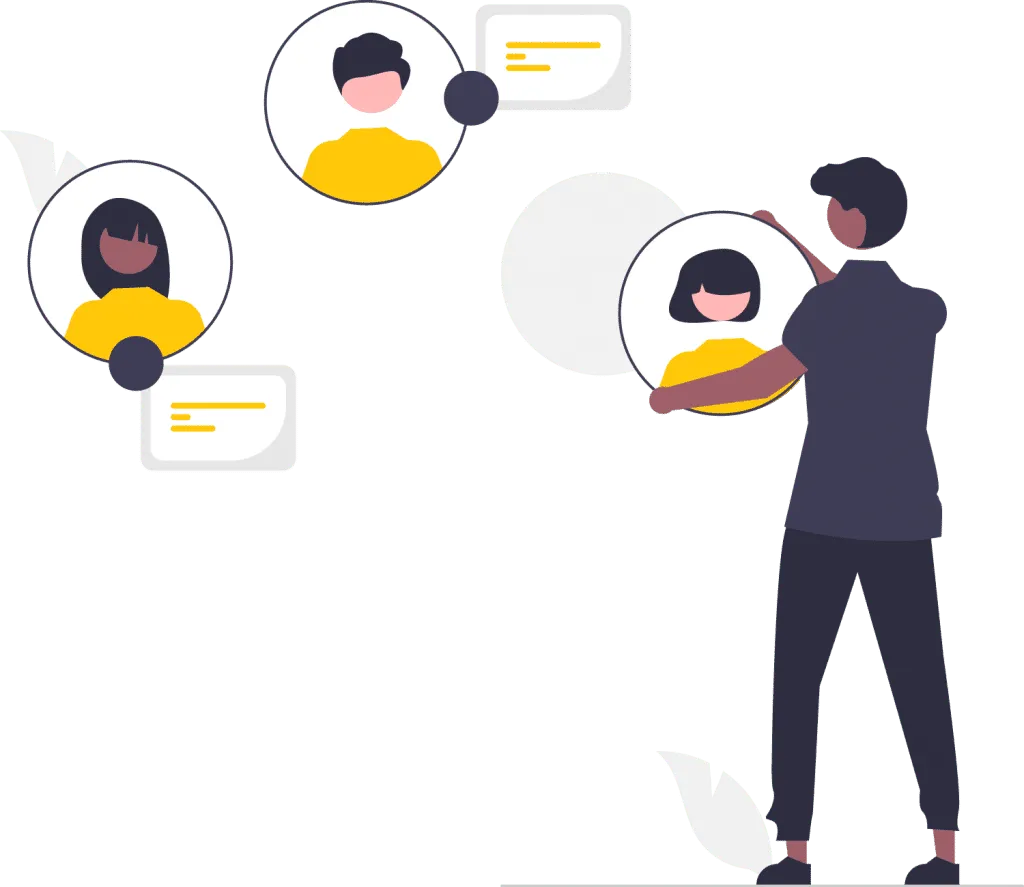
1. What training is required for sales?
A training program for sales usually covers product knowledge, communication, and closing techniques. Reps learn how to build trust, handle objections, and follow a clear sales process. Many programs also include modules on using CRMs and understanding buyer psychology.
Tip: Choose a course that includes real examples and practical exercises.
2. How to write a sales training program?
Start by listing what skills your team needs. Then:
- Break the content into small, clear steps
- Use real-life sales scenarios
- Include quizzes or coaching sessions
- Set clear goals and track progress
This makes the sales training course easier to follow and more effective.
3. What are the five methods of sales training?
The most common types include:
- Instructor-led training (ILT)
- Online sales training programs
- Peer-to-peer coaching
- Simulation-based learning
- Ongoing training with follow-up
Blended methods often give the best results in a sales training program.
4. What is sales process training?
This training focuses on every step of the sales process—from lead generation to closing. It helps sales reps follow a consistent method that brings better results.
Fact: Sales teams that follow a structured process see up to 28% higher success rates (CSO Insights).
5. What kind of training does a salesperson need?
A good sales training program should teach:
- Product and industry knowledge
- Selling skills like asking the right questions
- Communication and relationship building
- Objection handling and closing deals
Soft skills matter just as much as technical know-how.
6. What is sales process training?
It’s the roadmap your sales professionals follow to turn leads into customers. This training shows how to move a buyer from “just looking” to “ready to buy” using proven techniques.
The right training program for sales isn’t just a learning tool—it’s a growth engine. When done right, it boosts sales performance, builds confidence, and shortens your team’s sales cycle. Whether you're leading a small crew or scaling a large sales organization, these proven programs help you sell smarter, not harder. Choose wisely—and watch your team win more deals.





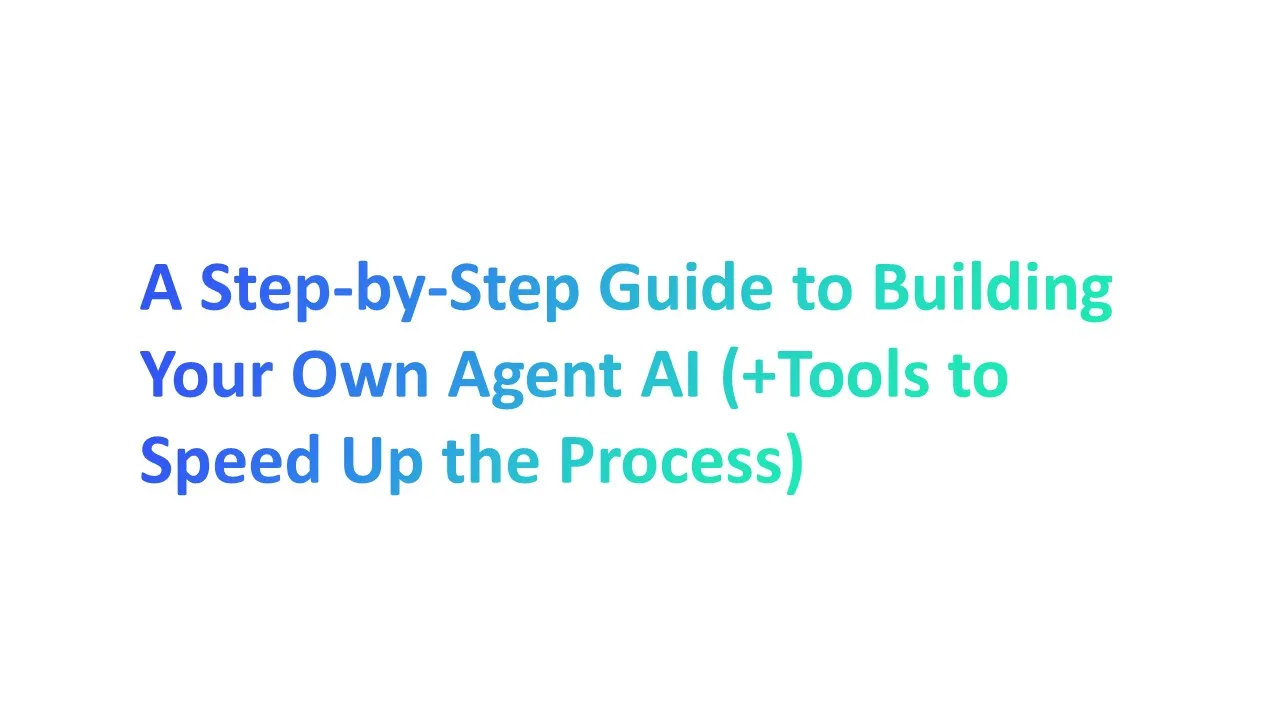

.webp)
